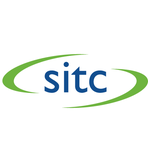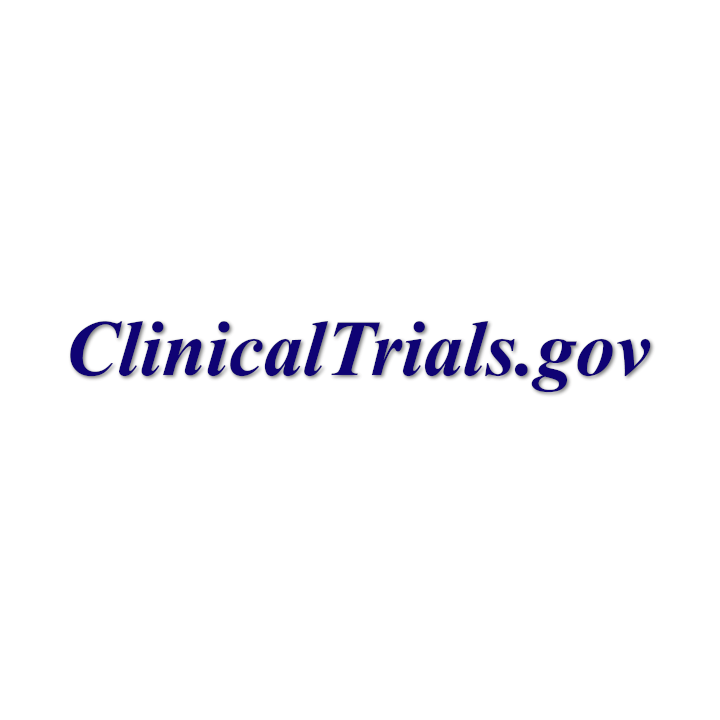Revolutionizing Cancer Treatment: The Promise of SUPLEXA
November 1, 2024, 5:49 am

Location: United States, Massachusetts, Boston
Employees: 1-10
Founded date: 2016

Location: United States, Wisconsin, Milwaukee
Employees: 201-500
Founded date: 1984
Total raised: $450K
In the battle against cancer, a new weapon has emerged from the laboratories of Australia. SUPLEXA, a groundbreaking treatment, is turning the tide by harnessing the power of the patient’s own immune cells. This innovative approach is not just a flicker of hope; it’s a beacon for those facing advanced-stage cancer.
Cancer is a cunning adversary. It often outsmarts the immune system, hiding in plain sight. But what if we could train our own defenses to recognize and attack this foe? That’s the essence of SUPLEXA. Developed by Alloplex Biotherapeutics, this personalized therapy isolates immune cells from patients, revitalizes them in a lab, and reintroduces them to the body. It’s like sending soldiers back into battle, better equipped and more determined.
The process is deceptively simple. A mere 50 mL blood draw is all it takes to initiate the transformation. Using standard lab equipment, scientists employ the proprietary ENLIST technology to train these immune cells. After about a month, the enhanced cells are infused back into the patient. They don’t just attack cancer cells; they also bolster the overall immune health of the individual. It’s a dual assault on the disease.
Initial trials have shown promising results. Conducted in Adelaide and Brisbane, the first-in-human study involved 35 patients who had exhausted all other treatment options. The findings are striking. No serious adverse events were reported, a testament to the safety of using the patient’s own cells. This is not just a theoretical concept; it’s a tangible breakthrough.
Among the participants, those with advanced colorectal cancer (CRC) and renal cell carcinoma (RCC) experienced significant benefits. One CRC patient achieved a complete response, while others showed partial responses or stable disease. For many, the clinical benefits lasted up to two years. This is not just about numbers; it’s about lives transformed. Patients reported improvements in well-being, reduced pain, and the ability to engage in life’s simple pleasures—vacations, hobbies, and quality time with loved ones.
The implications of SUPLEXA extend beyond individual cases. With the FDA’s encouragement, Alloplex plans to initiate Phase 2 clinical trials in early 2025. This next phase will explore the combination of SUPLEXA with immune checkpoint inhibitors (ICIs) for colorectal cancer patients. The goal is to amplify the effectiveness of existing treatments, creating a synergistic effect that could redefine standard care.
Cancer statistics in Australia paint a grim picture. Approximately 162,000 new cases are diagnosed each year, making it the leading cause of mortality. The need for innovative therapies like SUPLEXA is urgent. Traditional treatments often fall short, especially for advanced-stage patients. SUPLEXA represents a shift in strategy—an embrace of personalized medicine that could change the landscape of cancer treatment.
Alloplex Biotherapeutics, founded in 2016, is at the forefront of this revolution. Their focus on the ENLIST immune cell training platform is a game-changer. SUPLEXA is the first candidate to emerge from this platform, showcasing the potential of harnessing the body’s innate capabilities. It’s a reminder that sometimes, the best solutions lie within us.
The upcoming Society for Immunotherapy of Cancer (SITC) meeting in Houston will unveil full clinical results from the trial. This is a moment of anticipation for researchers, clinicians, and patients alike. The data will not only highlight the efficacy of SUPLEXA but also pave the way for future innovations in cancer therapy.
As we stand on the brink of a new era in cancer treatment, the story of SUPLEXA is one of resilience and hope. It symbolizes the relentless pursuit of knowledge and the unwavering belief that we can outsmart cancer. For patients who have faced the daunting reality of advanced cancer, SUPLEXA offers a lifeline. It’s a reminder that in the fight against this disease, we are not powerless. We are armed with our own biology, ready to reclaim our health.
In conclusion, SUPLEXA is more than just a treatment; it’s a revolution in personalized medicine. It challenges the status quo and inspires a new way of thinking about cancer care. As we look to the future, the potential of SUPLEXA could reshape the narrative of cancer treatment, turning despair into hope and uncertainty into possibility. The journey is just beginning, but the path is illuminated by the promise of innovation and the resilience of the human spirit.
Cancer is a cunning adversary. It often outsmarts the immune system, hiding in plain sight. But what if we could train our own defenses to recognize and attack this foe? That’s the essence of SUPLEXA. Developed by Alloplex Biotherapeutics, this personalized therapy isolates immune cells from patients, revitalizes them in a lab, and reintroduces them to the body. It’s like sending soldiers back into battle, better equipped and more determined.
The process is deceptively simple. A mere 50 mL blood draw is all it takes to initiate the transformation. Using standard lab equipment, scientists employ the proprietary ENLIST technology to train these immune cells. After about a month, the enhanced cells are infused back into the patient. They don’t just attack cancer cells; they also bolster the overall immune health of the individual. It’s a dual assault on the disease.
Initial trials have shown promising results. Conducted in Adelaide and Brisbane, the first-in-human study involved 35 patients who had exhausted all other treatment options. The findings are striking. No serious adverse events were reported, a testament to the safety of using the patient’s own cells. This is not just a theoretical concept; it’s a tangible breakthrough.
Among the participants, those with advanced colorectal cancer (CRC) and renal cell carcinoma (RCC) experienced significant benefits. One CRC patient achieved a complete response, while others showed partial responses or stable disease. For many, the clinical benefits lasted up to two years. This is not just about numbers; it’s about lives transformed. Patients reported improvements in well-being, reduced pain, and the ability to engage in life’s simple pleasures—vacations, hobbies, and quality time with loved ones.
The implications of SUPLEXA extend beyond individual cases. With the FDA’s encouragement, Alloplex plans to initiate Phase 2 clinical trials in early 2025. This next phase will explore the combination of SUPLEXA with immune checkpoint inhibitors (ICIs) for colorectal cancer patients. The goal is to amplify the effectiveness of existing treatments, creating a synergistic effect that could redefine standard care.
Cancer statistics in Australia paint a grim picture. Approximately 162,000 new cases are diagnosed each year, making it the leading cause of mortality. The need for innovative therapies like SUPLEXA is urgent. Traditional treatments often fall short, especially for advanced-stage patients. SUPLEXA represents a shift in strategy—an embrace of personalized medicine that could change the landscape of cancer treatment.
Alloplex Biotherapeutics, founded in 2016, is at the forefront of this revolution. Their focus on the ENLIST immune cell training platform is a game-changer. SUPLEXA is the first candidate to emerge from this platform, showcasing the potential of harnessing the body’s innate capabilities. It’s a reminder that sometimes, the best solutions lie within us.
The upcoming Society for Immunotherapy of Cancer (SITC) meeting in Houston will unveil full clinical results from the trial. This is a moment of anticipation for researchers, clinicians, and patients alike. The data will not only highlight the efficacy of SUPLEXA but also pave the way for future innovations in cancer therapy.
As we stand on the brink of a new era in cancer treatment, the story of SUPLEXA is one of resilience and hope. It symbolizes the relentless pursuit of knowledge and the unwavering belief that we can outsmart cancer. For patients who have faced the daunting reality of advanced cancer, SUPLEXA offers a lifeline. It’s a reminder that in the fight against this disease, we are not powerless. We are armed with our own biology, ready to reclaim our health.
In conclusion, SUPLEXA is more than just a treatment; it’s a revolution in personalized medicine. It challenges the status quo and inspires a new way of thinking about cancer care. As we look to the future, the potential of SUPLEXA could reshape the narrative of cancer treatment, turning despair into hope and uncertainty into possibility. The journey is just beginning, but the path is illuminated by the promise of innovation and the resilience of the human spirit.
